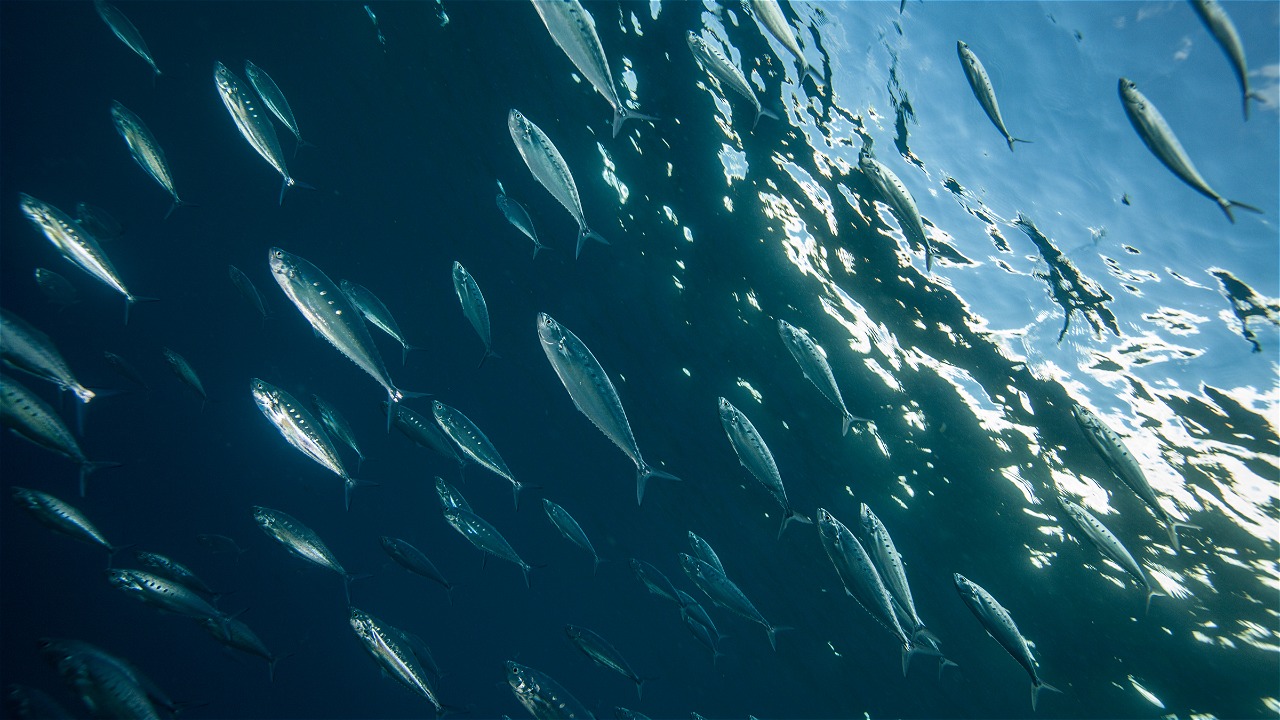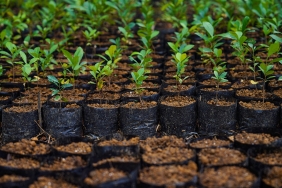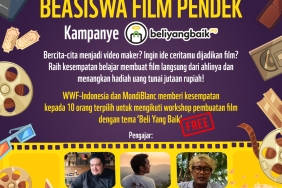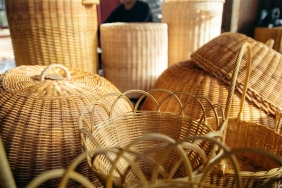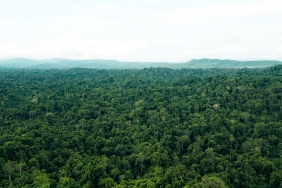"FISH SMARTER NOT HARDER" WITH MARINE BUDDIES JAKARTA
By: Nining Rahayu (Coordinator of Marine Buddies Jakarta Community)
After Medan, Surabaya and Makassar, it is now the turn of marine conservation activists in the Jakarta area who are members of the Marine Buddies Community to enliven World Ocean Day and Coral Triangle Day in the form of a #BeliYangBaik talk show for Responsible Seafood. Departing from the rampant fisheries practices that damage the ecosystem, the Marine Buddies Jakarta Community carries the theme Fish Smarter not Harder as one of the discussion forums.
Taking place at Rasane Seafood Restaurant Kelapa Gading, on June 4, this event drew quite a lot of enthusiasm from the participants. This can be seen from the 45 participants who attended exceeding the capacity provided by the committee. The background of the participants was diverse, ranging from marine conservation activists, diving communities, students to housewives participated to get information about sustainable seafood. Given that seafood is one of the most commonly consumed foods, it is not surprising that curiosity about seafood issues arose during the talk show.
WWF-Indonesia Capture Fisheries Program M. Maskur Tamanyira, LIPI-Oceanography Ratih Pangestuti and Pak Sahroni, a fisherman from Harapan Island, were the speakers to share information about the importance of choosing seafood wisely. The many questions that arose enlivened the discussion moderated by Yulia Lintang, a lecturer at Trisakti College of Tourism. And one of the questions that caught the attention of the speakers was how we know if the restaurant provides responsible seafood dishes or not.
"If we choose the seafood that we will enjoy by understanding more about how fisheries are managed, then we have contributed to preserving the ocean for the future," Maskur explained in response to the question. Maskur continued, "We can also ask the retailer about the origin of the fish to ensure that it is safe for consumption."
Care for the Ocean Now!
Another interesting question from participants who are members of the diving community is about the consumption of shark fins, which are still sold freely in some restaurants. The ease with which consumers can find shark fin on the menu leads to questions about the benefits it contains. This was immediately refuted by Ratih if in fact sharks contain many chemical compounds that are toxic. It is the lack of understanding about this that then makes the audience unaware of the dangers it carries. "Shark is an apex predator that if it lives in a place contaminated with lead, it will indirectly affect those who consume it.", Ratih completed.
Mr. Sahroni, as a fisherman from Harapan Island, also shared stories about the reality faced by fishermen in the Thousand Islands. According to him, in the early 80s the fishermen did not know that sharks were apex predators that if hunted would affect the sustainability of other fish. The fishing gear used was not environmentally friendly, such as bombs, potassium, and trawling. However, after receiving information from various parties, fishermen on Harapan Island became aware that the sustainability of marine resources was diminishing.
Currently in the Thousand Islands, a fishermen's association has also been formed which has the aim of protecting conservation areas in protecting fish poaching. The statement given by Mr. Sahroni suddenly resulted in boisterous applause from the participants as a form of appreciation to fishermen who have carried out responsible fishing practices.
At the end of the discussion, Maskur introduced the Seafood Advisor application to encourage participants to become critical consumers. Maskur explained that it is very important for consumers to know the choice of responsibly caught fish. The app, which can be downloaded on the Google Play Store, can also make it easier for consumers to conserve the environment because consumers will be presented with information on various types of recommended fish as well as an explanation of environmentally friendly fishing gear.

